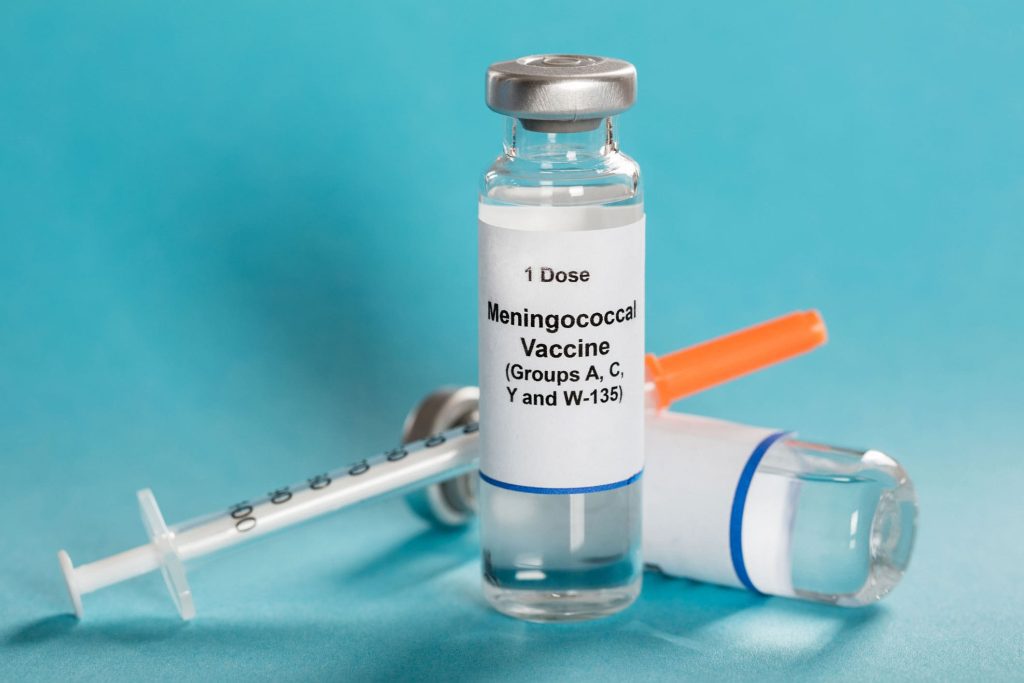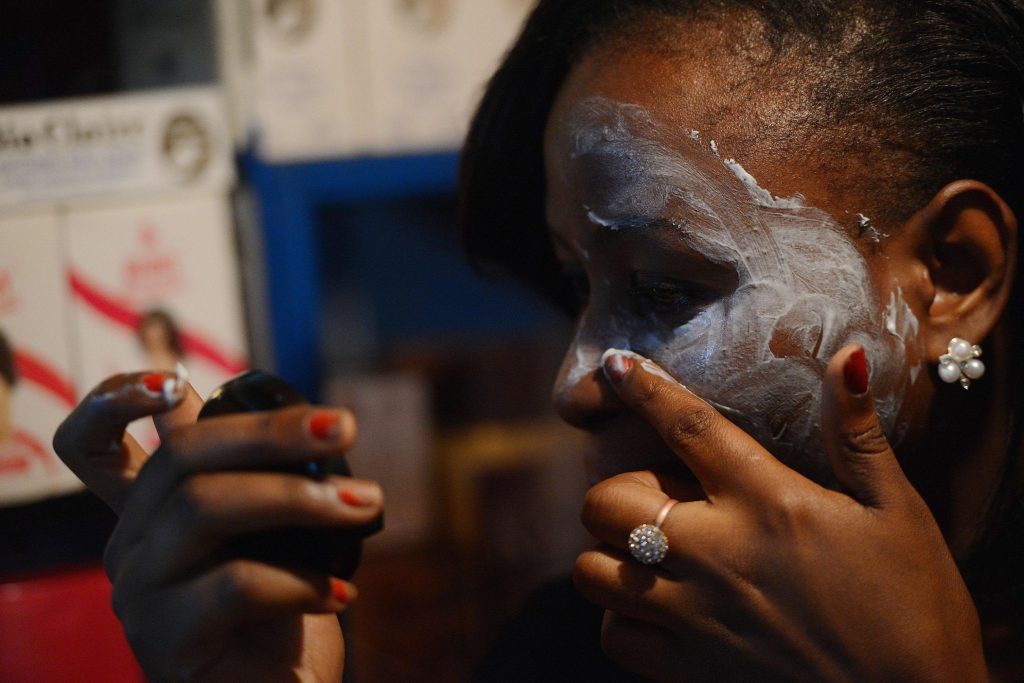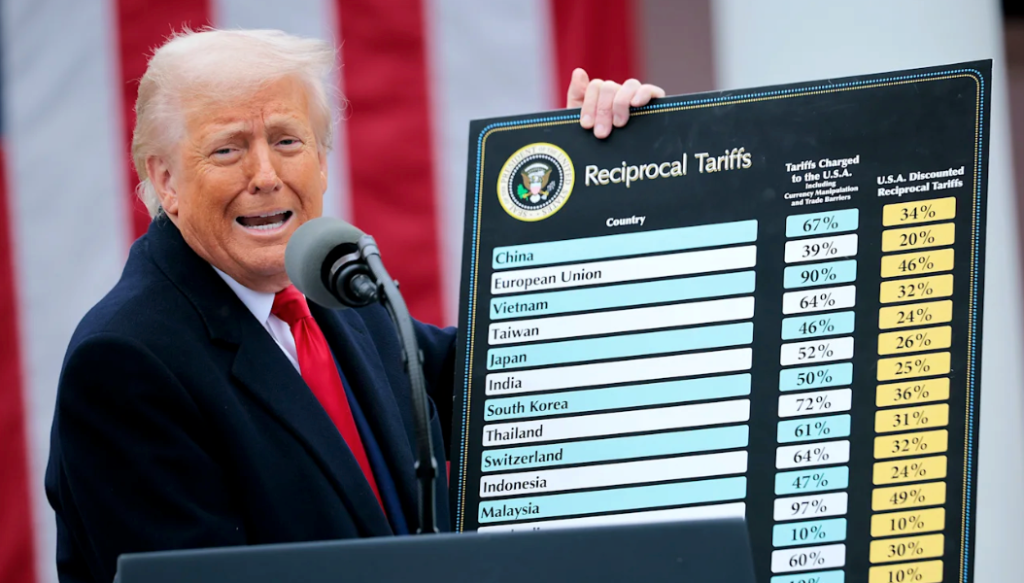In a significant public health milestone, Nigeria has received over one million doses of the pentavalent meningococcal conjugate vaccine (Men5CV) to fight a deadly outbreak of meningitis in the northern part of the country. The vaccine shipment, drawn from the Gavi-funded global emergency stockpile, was delivered in collaboration with the World Health Organization (WHO) and the United Nations Children’s Fund (UNICEF).
This move is a critical step in the nation’s urgent response to a growing epidemic of cerebrospinal meningitis (CSM)—a bacterial infection of the brain and spinal cord that has claimed dozens of lives and affected hundreds more in recent months.
Understanding the Outbreak: A Worsening Health Crisis
As of March 26, 2025, the Nigeria Centre for Disease Control and Prevention (NCDC) has reported 807 suspected cases of meningitis and 74 confirmed deaths across 22 states. The current Case Fatality Rate (CFR) stands at 9.2%, reflecting the grave nature of the outbreak. Most of the cases have been linked to meningococcus serogroups C and W, which are known for triggering swift and deadly epidemics in the African meningitis belt.
The affected demographic is particularly worrying. According to health officials, the hardest-hit population segment is children and young adults aged one to 29 years—a critical age group that forms the foundation of the nation’s workforce and future.
What is Meningitis and Why is It So Dangerous?
Meningitis is an acute inflammation of the meninges, the protective membranes that surround the brain and spinal cord. It can be caused by bacteria, viruses, or fungi, but bacterial meningitis is the most lethal and contagious form. Once contracted, it can lead to brain damage, hearing loss, seizures, and death within a matter of hours if untreated.
The meningitis belt of sub-Saharan Africa—which stretches from Senegal in the west to Ethiopia in the east—regularly experiences large-scale epidemics during the dry season, when dust, low humidity, and close human contact contribute to the disease’s spread.
Nigeria, being a major country within this belt, has experienced frequent outbreaks for decades, including a devastating episode in 1996, when over 100,000 people were infected, and more than 11,000 died.
A Coordinated Global and National Response
In response to the current crisis, the newly delivered Men5CV vaccine is expected to launch a mass outbreak response campaign, focusing first on Kebbi and Sokoto States, with plans to extend the rollout to Yobe State as more doses arrive.
This strategic vaccination initiative is supported by a collaboration between:
-
Gavi, the Vaccine Alliance
-
The World Health Organization (WHO)
-
The United Nations Children’s Fund (UNICEF)
-
Nigeria’s Federal Ministry of Health and Social Welfare
-
The National Primary Health Care Development Agency (NPHCDA)
The Men5CV vaccine is unique in its pentavalent composition, meaning it provides immunity against five major serogroups of the meningococcus bacteria—A, C, W, Y, and X. This makes it especially valuable in regions like West Africa, where multiple strains may circulate simultaneously.
Political Commitment and Policy Alignment
Professor Muhammad Pate, Nigeria’s Coordinating Minister of Health and Social Welfare, described the arrival of the Men5CV vaccines as “a crucial milestone” in Nigeria’s epidemic response efforts.
“This reflects our commitment under President Bola Ahmed Tinubu’s Renewed Hope Agenda to protect the health and well-being of all Nigerians – especially our children and young people who are most vulnerable,” he said.
He further emphasized that the delivery aligned with Nigeria’s broader public health strategy, notably the Health Sector Renewal Investment Initiative and the Sector-Wide Approach (SWAp). These programs prioritize epidemic preparedness, health system resilience, and rapid emergency response, which are essential in a country vulnerable to periodic outbreaks of infectious diseases.
Partner Perspectives: Global Support for Local Action
Speaking on behalf of UNICEF, Cristian Munduate, the agency’s representative in Nigeria, reiterated the importance of this vaccine campaign in protecting the country’s youngest and most vulnerable.
“Every child deserves protection from life-threatening diseases like meningitis. The arrival of this vaccine marks a critical step in halting the current outbreak and safeguarding Nigeria’s future,” Munduate said. She also praised the government’s commitment and noted UNICEF’s role in ensuring rapid vaccine deployment, effective community engagement, and support for ongoing immunization programs.
Dr. Walter Mulombo, WHO’s Country Representative in Nigeria, echoed similar sentiments. He emphasized the broader significance of this moment—not just in managing the present outbreak but in building long-term health security.
“From research and development to delivery, the journey of the Men5CV vaccine to Nigeria has been a collaborative effort,” he stated. “It is a critical tool in preventing future outbreaks and securing the health of generations to come. WHO is proud to stand with Nigeria in this fight.”
A Long Road Ahead: Future Predictions and Challenges
While the immediate goal is to contain the outbreak in the most affected states, public health experts caution that long-term eradication of meningitis will require systemic changes, including:
-
Increased routine immunization coverage for all vaccine-preventable diseases.
-
Improved disease surveillance and data sharing across West Africa.
-
Enhanced healthcare infrastructure, especially in rural and underserved communities.
-
Continued investment in vaccine research, particularly for strains like meningococcus X, for which no licensed vaccine exists until recently.
The pentavalent Men5CV vaccine could be a game changer in this context. By covering five strains, including the rare but deadly serogroup X, it offers the best chance yet to prevent future multi-strain outbreaks that have been notoriously hard to predict and control.
Looking forward, Nigeria’s ability to integrate Men5CV into its routine immunization schedule, rather than relying solely on emergency campaigns, could redefine its approach to epidemic prevention.
Conclusion: Turning the Tide Against Meningitis
The delivery of over 1 million Men5CV doses to Nigeria represents not just an emergency intervention but a potential turning point in the fight against meningitis in Africa. For a nation that has long struggled with preventable outbreaks, this move is a signal of renewed resolve, political commitment, and global solidarity.
But as officials and health workers mobilize for the immediate campaign, the deeper task lies ahead: building a health system that is proactive, not reactive; resilient, not fragile; and inclusive of every child, no matter where they live.
Only then can Nigeria hope not just to contain meningitis—but to eliminate it as a public health threat once and for all.













